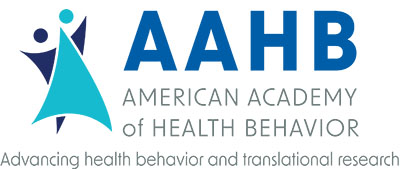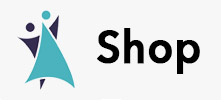|
Scientific Meeting 2023 - Lightning Talks Day 3
Wednesday, March 15 |
Presenter: Cassidy LoParco Smoking associated with the misconception that drinking wine reduces cancer risk, United States 2020Rossheim, Matthew E; Yockey, R Andrew; LoParco, Cassidy R; Trangenstein, Pamela J; Walters, Scott T; Henry, Doug; Cannell, M Brad; Jernigan, David H; Klein, William MP Background: Alcohol is the third leading preventable cause of cancer in the United States, yet most Americans do not know that alcohol consumption increases cancer risk. Moreover, 10% of Americans believe that drinking wine is protective against developing cancer. This misconception may be particularly harmful for people who smoke because they are more susceptible to developing cancer, and drinking alcohol further increases their cancer risk more than it does for non-smokers. We examined whether smoking was associated with the misconception that drinking wine reduces cancer risk. Methods: We used data from the Health Information National Trends Survey (HINTS) 5 Cycle 4 that were collected from February 24-June 15, 2020. HINTS is a nationally representative survey administered by the National Cancer Institute. Weighted multivariable logistic regression models examined whether smoking was associated with the misconception that drinking wine reduces cancer risk (n = 2,892). Models statistically adjusted for age, gender, race/ethnicity, education, family income, employment, heavy episodic drinking, cancer history, confidence in their ability to take care of their own health, the belief that drinking wine protects against heart disease, and the belief that everything causes cancer. Results: Compared to participants who were never established smokers, participants who currently smoked had 3.4 times the odds of believing that drinking wine reduces cancer risk (95%CI = 1.6-7.1, p < 0.01). Conclusion: Current smokers had higher odds of believing the misconception that drinking wine reduces cancer risk. This is concerning because alcohol consumption increases cancer risk more for people who smoke. Behavioral and policy interventions, including updated warning labels on alcoholic beverages, are needed to raise awareness that drinking any type of alcoholic beverage increases cancer risk. It is especially important that these interventions reach sub-groups at heightened risk for both developing cancer from drinking and holding related misconceptions, including people who smoke. |

